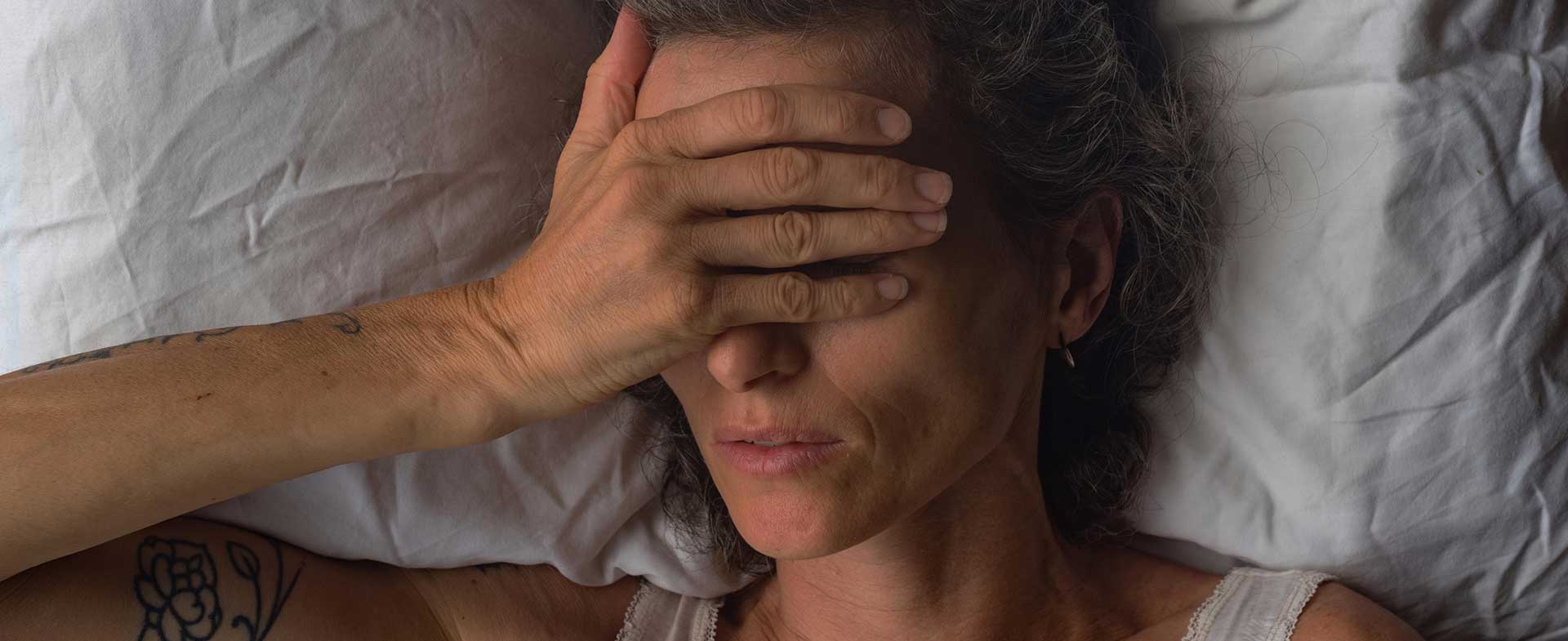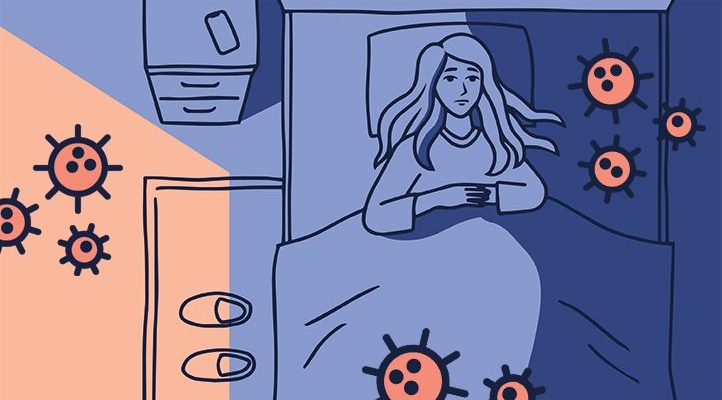Getting to sleep can be difficult when we have a lot on our minds. Stress about finances, work, family, and good ol’ anxiety are just a few of the things that keep us up at night. Now, here comes 2020, and you add a global pandemic, grave social injustice, civil unrest and an upcoming contentious presidential election to the mix, you can’t help but wonder “am I ever going to sleep, again?”

The fact that Americans suffer from a lack of sleep is not a new concept and has been documented and researched by health officials for decades. A 2016 study by the CDC revealed that more than a third of adults don’t get enough sleep (at least 7 hours), leading to an increased risk of health conditions like obesity, diabetes, high blood pressure, heart disease, and mental distress. And, the factors that contribute to our lack of sleep vary from medical disorders to socio-economic status to mental health. The issue is so pervasive among Americans that the CDC has deemed sleep disorders a public health epidemic.

Now, more than ever, the state of our health, physical and mental wellbeing have been spotlighted by the COVID-19 pandemic. And, the unfortunate truth is, we aren’t doing so well. We, as a society, are in ill physical health, stressed out, overwhelmed, and mentally and emotionally drained. It’s no wonder we can’t sleep soundly. However, if we can manage to prioritize anything amidst all of this uncertainty, sleep should be ranked right up top with the others.
Coined as the “latest casualty of the COVID-19 crisis” in an article in the Harvard Gazette, sleep disorders are understandably on the rise; however, there are measures we can take to help improve our ability to catch some quality Z’s—naturally, without medication.
- Get in a schedule – Commit to going to bed and waking up at the same time, every day. Getting into this routine not only provides us with structure, but it helps our bodies regulate and align with natural circadian rhythms.
- Avoid a midday nap – I know, from personal experience, that this is extremely difficult to avoid, but it does help. If you feel drowsy midday and need an immediate burst of energy, take a brisk walk. You’ll quickly feel the benefits and you’ll reserve that sleep for the nighttime hours.
- Don’t sleep too much – Yes, sleeping too much can have negative effects. The ideal amount is 7 hours, any more than that can keep you in a perpetual state of drowsiness.
- Turn off those devices – Mindless social media scrolling and television binging tend to suck up hours and negatively impact our sleep quality. Turn off your devices at least an hour before your bedtime—and, even better, two hours before.


